Offering professional certifications online can be a bit daunting, right? You might be wondering how to even start or whether people will take your programs seriously. It’s totally normal to feel overwhelmed by the number of steps and options out there.
But hang tight! If you keep reading, I promise you’ll find a clear roadmap to navigate this process. You’ll learn how to pick the right program, create engaging content, select the best platform, and even market your certification to make it irresistible.
We’ll explore everything from developing your curriculum to ensuring quality and support for your students. With the right approach, you’ll be on your way to launching a successful online certification program in no time!
Key Takeaways
- Identify high-demand certifications that align with industry needs and your expertise.
- Develop a structured curriculum that starts with foundational skills and includes hands-on training.
- Select a user-friendly online platform that supports multimedia content and community interaction.
- Market your certifications effectively through social media, content marketing, and partnerships.
- Ensure quality by aligning with industry standards and updating course materials regularly.
- Provide ongoing support through community forums, additional resources, and multi-channel assistance.

Steps to Offer Professional Certifications Online
Offering professional certifications online can seem daunting, but breaking it down into manageable steps makes it much easier. Start by identifying the specific professional certifications you want to offer, ensuring they align with industry needs and your expertise. Remember, the right certification can significantly boost participants’ careers, making this an important first step.
Choosing the Right Certification Program
Choosing the right certification program is like picking the right cherry from a tree; you want one that’s ripe and in demand. Look for certifications that cater to trending industries, like data analytics or cybersecurity, where there’s a growing demand for qualified professionals.
Consider both the costs involved and the potential return on investment for your students. Programs like the AWS Data Analytics Certification charge $300 and often lead to job advancements. Similarly, the CompTIA Data+ Certification, priced at $239, is a well-recognized option in the analytics field.
It’s wise to conduct market research to identify gaps in the current offerings. Speak to industry professionals or leverage platforms like LinkedIn to gauge interest in various certification topics. Always aim for programs that not only certify but also enhance job readiness for the participants.
Developing Course Content and Curriculum
When developing course content and curriculum, think of your audience first. What do they need? Structure your course to gradually build skills, starting with foundational knowledge and advancing to more complex topics. For example, a course leading to the SAS Certified Advanced Analytics Professional designation should include hands-on training using predictive modeling techniques.
Your curriculum should reflect the real-world applications of the skills being taught, so including practical projects is essential. Consider incorporating quizzes or assessments to reinforce learning and check understanding. Resources such as lesson planning guides can help ensure every section of your course is well thought out and beneficial.
Additionally, using multimedia elements like videos or interactive simulations can greatly enhance engagement and understanding. People often grasp concepts better when they can see them in action!
Selecting an Online Platform for Delivery
Selecting the right online platform for your certification courses is crucial. You need a platform that is user-friendly and can handle video content, quizzes, and perhaps even community forums where learners can interact. Look into platforms like Teachable or Thinkific, which provide excellent tools for course creators.
Consider the costs involved as well; platforms typically charge a percentage of your earnings or a monthly fee. Evaluate your budget against the features offered. Make sure the platform supports mobile learning since a significant number of users access courses on their phones.
Also, check if the platform allows for easy integration with marketing tools, as you will want to promote your certifications effectively. A seamless user experience from sign-up to completion can make a huge difference in student satisfaction and follow-through.

Marketing Your Professional Certifications Effectively
Marketing your professional certifications is crucial to reach potential students who need them. Start by identifying your target audience; are they new graduates, working professionals, or perhaps career changers?
Utilize social media platforms to showcase testimonials from successful participants. This could involve sharing posts highlighting how your certifications helped graduates land promotions or new jobs. For instance, based on reports, **75% of Google Career Certificate Graduates** in the U.S. see an improvement in their careers soon after completing their certification.
Engage in content marketing by writing articles or creating videos on topics relevant to your certifications. This positions you as an industry expert while drawing in an audience interested in learning more.
Consider email marketing campaigns to stay connected with potential and past students. Share updates about upcoming certifications, industry trends, or even special discounts.
Additionally, collaborations with industry partners can enhance your credibility. Partner with companies to create exclusive training programs or certification bundles, offering added value to students. Don’t forget about leveraging SEO by optimizing your website and landing pages with relevant keywords to attract organic traffic.
Ensuring Quality and Compliance in Certification
Ensuring quality and compliance for your certification programs is non-negotiable. Start by aligning your courses with industry standards and requirements. This adds credibility and ensures that students’ skills are recognized in the job market.
Regularly update your course material to reflect current industry practices and technologies. Companies like SAS and AWS regularly revise their certification materials to ensure candidates are equipped with the latest knowledge.
Seek accreditation from relevant professional bodies. Accreditation not only enhances your program’s credibility but also reassures participants that they are receiving quality training. Look into organizations that focus on your certification area.
Implement feedback mechanisms, such as surveys or assessments, to gather insights from students about their learning experience. This can guide you in making necessary adjustments to improve overall course quality.
Ensure compliance with data protection regulations if your platform collects personal information. Use secure systems to protect student data, and communicate clearly about privacy policies to build trust.
Providing Support and Resources for Students
Providing ongoing support and resources for your students is essential for their success. It doesn’t stop at just delivering the course; consider creating a robust support system.
Establish a dedicated forum or community group where students can ask questions, share resources, and network. This fosters a sense of belonging and helps them feel like they are part of a learning community.
Offer additional resources such as study guides, webinars, or even one-on-one mentorship opportunities. This enhances their learning experience and increases the likelihood of passing certification exams.
Consider a multi-channel support system, including email, chat, or even phone support for students who may need immediate assistance. Tools like student engagement techniques can be integrated to ensure continual interaction and support.
Lastly, celebrate student milestones, whether it’s completing a module or achieving certification. Recognition can go a long way in motivating learners and reinforcing their commitment to professional development.

Evaluating and Improving Your Certification Program
Evaluating your certification program is key to ensuring it meets the needs of your students and stays relevant in the workforce.
Start by collecting feedback from your students through surveys or direct conversations to understand their experience.
Analyze completion rates and pass rates for certification exams to gauge how effective your course is.
If a significant number of students are struggling, it may indicate that your course content is too complex or not adequately aligned with the certification exam.
Regularly review industry standards and trends to keep your curriculum fresh and valuable.
Consider hosting focus groups with industry experts to discuss potential updates or improvements to the program.
Don’t hesitate to be proactive in adapting your offerings based on technological advancements or changes in the job market.
Setting a schedule for these evaluations—at least once a year—can help maintain high standards and ensure ongoing relevance.
Always keep the lines of communication open with your alumni; they can provide insights on how the certification has impacted their careers.
Using this information will help you create a more robust program that continually evolves to meet the needs of students and the industry.
Steps to Offer Professional Certifications Online
Lastly, make sure that you’re documenting and refining the steps you initially outlined to create a systematic approach to offering certifications.
This can lead to scalability and sustainability in your certification offerings while ensuring a quality experience for your students.
Following these steps will allow you to build a strong professional certification program that provides real value and enhances careers for your students.
FAQs
Consider industry demand, the credibility of the certifying body, alignment with career goals, potential return on investment, and whether the program provides practical skills essential for the field.
Engage subject matter experts, align content with industry standards, incorporate various teaching methods, and gather feedback from students to refine your materials continuously.
Utilize social media, SEO strategies, content marketing, partnerships with industry influencers, and email campaigns targeting professionals. Highlight program benefits and success stories to attract students.
Offer timely communication channels, such as forums or live chats, provide comprehensive resources like FAQs and tutorials, and assess student needs regularly to enhance their learning experience.
